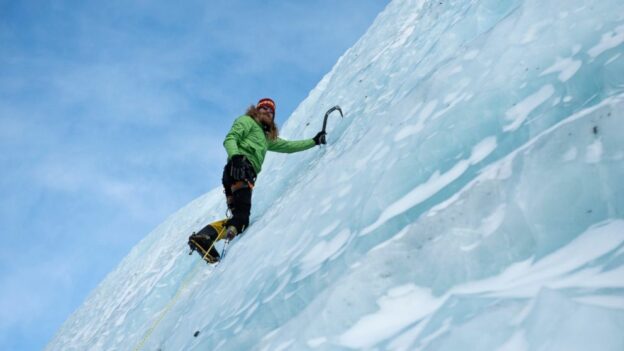The average price paid to climb Mt. Everest – for permits, equipment and guides – is between $35,000 and $45,000. And hundreds have died in that exploit.
What impels people to undertake so expensive and dangerous a quest? A misguided search for meaning.
Philosophers argued about what ultimately motivates humans. Nietzsche said power; Freud, pleasure.
Both tapped into something real. The power to, through our choices, change our lives and history, is a manifestation of gevurah, “strength.” In Jewish eyes, though, that doesn’t mean subjugating others; rather, as Ben Zoma in Avos (4:1) defines it, “hakovesh es yitzro,” one who, by force of will, overcomes his nature.
And Freud was on to something too; the Ramchal begins Mesilas Yesharim with the surprising statement that the goal of life is the pursuit of pleasure. Not physical, but rather ultimate, pleasure: “basking in the radiance of the Shechinah.”
The Danish thinker Søren Kierkegaard was insightful. He wrote of the human “will to meaning” – the yearning to achieve something truly meaningful as life’s ultimate goal.
Some imagine “meaning” in climbing Everest. Others envision meaningful accomplishment in meriting mention in the Guinness Book of World Records, for, say, the most slices of pizza eaten while riding a unicycle and simultaneously juggling balls.
For those who recognize our divine mandate, though, the ring for which to reach is a spiritual one, achieved through Torah and mitzvos.
All good fortune to the Everest climbers.
Come Shavuos, we look to a different mountain.
© 2023 Rabbi Avi Shafran
